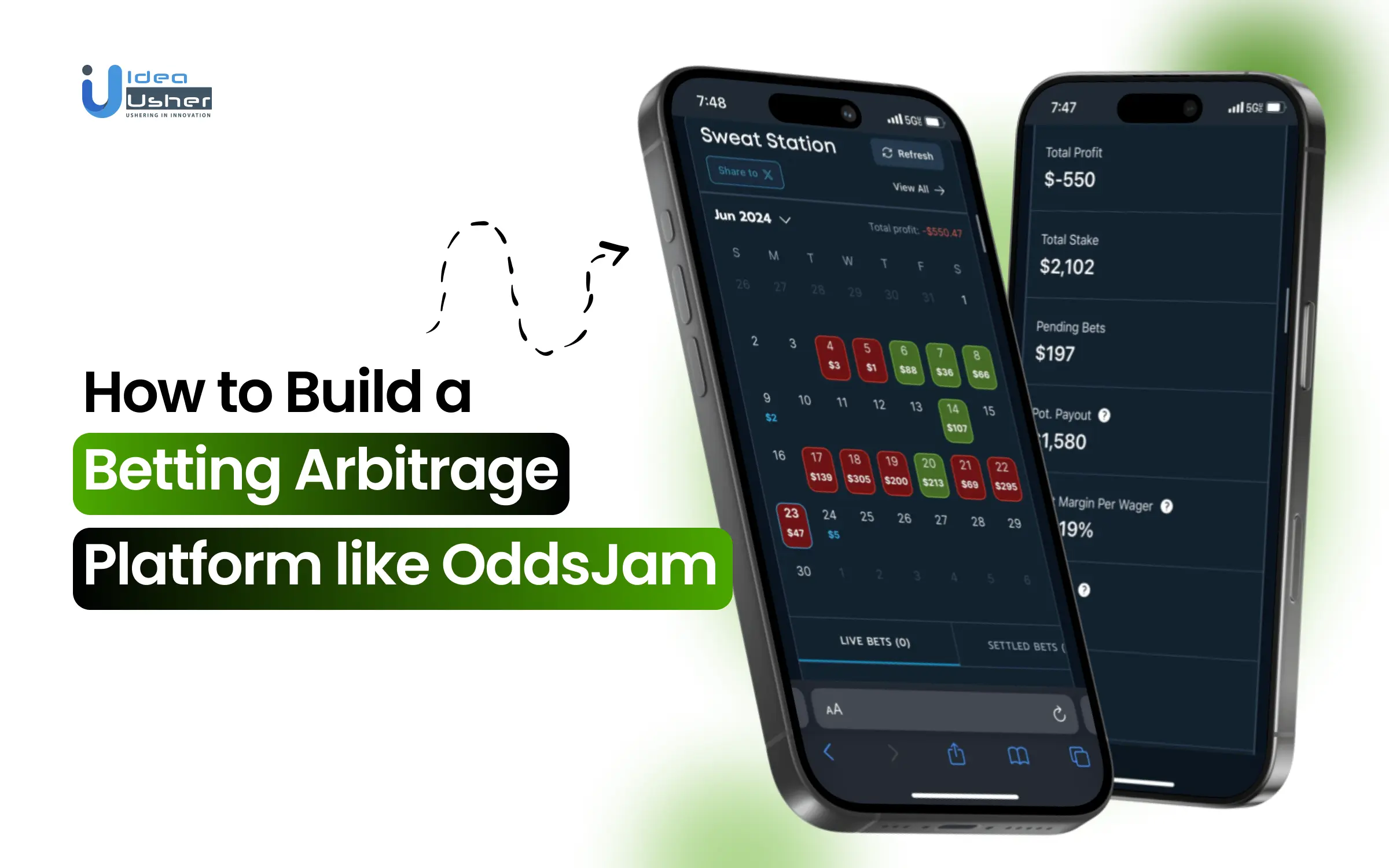Let’s be honest—betting has always been a mix of luck, gut instinct, and, well, hoping for the best. But what if you could tilt the odds in your favor? That’s where AI-powered betting strategies and predictive analytics come in. Think of it like having a crystal ball, but one powered by data, algorithms, and cold, hard math.
How AI is Changing the Betting Game
Gone are the days of scribbling notes on napkins or relying on a “hot tip” from a friend. AI analyzes mountains of data—player stats, weather conditions, historical trends—in seconds. It spots patterns humans might miss. And it learns. Constantly.
Here’s the deal: AI doesn’t just predict outcomes. It adapts. If a key player gets injured mid-season? The algorithm adjusts. If a team’s performance dips under rainy conditions? It factors that in. It’s like having a supercharged sports analyst working 24/7.
Key AI-Powered Betting Strategies
1. Machine Learning Models for Odds Prediction
These models chew through historical data—past games, player form, even social media sentiment—to predict outcomes more accurately than traditional bookmakers. Some even outperform human experts by 10-15%.
2. Arbitrage Betting with AI
AI scans hundreds of bookmakers in real-time to find mismatches in odds. It’s like a bargain hunter for bets, spotting opportunities where you’re guaranteed profit no matter the outcome. Sneaky? Maybe. Effective? Absolutely.
3. Sentiment Analysis
Ever wondered how public opinion sways betting lines? AI scrapes news articles, forums, and tweets to gauge hype (or hate) around teams. Overblown expectations? That’s a red flag—or a chance to bet against the crowd.
The Role of Predictive Analytics
Predictive analytics isn’t just about guessing who’ll win. It’s about probabilities, risk assessment, and—here’s the kicker—finding value where others don’t. Here’s how it breaks down:
| Traditional Betting | AI-Powered Betting |
| Relies on intuition | Uses data-driven insights |
| Static odds | Dynamic, real-time adjustments |
| Limited data sources | Integrates diverse datasets (even satellite images of stadium parking lots!) |
Sounds futuristic, right? But here’s the thing—this tech isn’t just for Wall Street quants. It’s trickling down to everyday bettors through apps and platforms.
Current Trends and Pain Points
Sure, AI sounds like a silver bullet, but it’s not perfect. A few hiccups:
- Overfitting: When models get too cozy with past data and fail in real-world scenarios. Like memorizing answers instead of learning the subject.
- Data quality: Garbage in, garbage out. Incomplete stats or biased sources can skew predictions.
- Bookmakers fight back: As AI gets smarter, so do oddsmakers. It’s an arms race.
That said, the pros outweigh the cons. The global sports analytics market is projected to hit $5.2 billion by 2027—and betting’s a huge chunk of that.
How to Get Started with AI Betting Tools
You don’t need a PhD in data science. Here’s a quick roadmap:
- Choose your niche: Focus on one sport or league. AI works best with focused datasets.
- Pick a platform: Options range from beginner-friendly (Betegy, Stratagem) to pro-grade (Betfair’s API).
- Start small: Test strategies with minimal stakes. Even AI needs trial runs.
- Keep learning: Track what works (and what bombs). Adjust. Repeat.
The Ethical Gray Area
Let’s address the elephant in the room. Is AI betting unfair? Some argue it kills the spirit of the game. Others say it’s just leveling the playing field against bookmakers. Honestly, the debate’s murky—but one thing’s clear: regulations are scrambling to catch up.
In-play betting—where AI reacts to live game events—is especially contentious. Imagine algorithms adjusting bets mid-play based on a player’s slight limp. It’s happening.
Final Thoughts: The Human Edge
Here’s the twist: AI won’t replace human judgment entirely. The best bettors? They use tech as a tool, not a crutch. Maybe the future isn’t man versus machine—but man with machine. After all, even the smartest algorithm can’t account for that underdog’s sheer grit or a last-minute coaching gamble.
So where does that leave us? At the edge of a new era—where data meets intuition, and every bet’s a little less blind.



